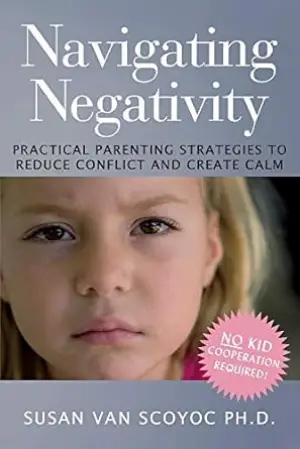Review of The Mountain is You by Brianna Wiest
I recently finished reading The Mountain is You by Brianna Wiest, a book that had been on my radar for some time. I’ve always been drawn to self-help and personal development titles, particularly those that offer insight into emotional intelligence and overcoming self-sabotaging behaviors. What intrigued me most about this book was its promise to help readers understand and transcend their internal obstacles. The description spoke to me about the compelling metaphor of a mountain representing the challenges we face in life, pushing me to dive into the text.
From the very first chapter, I was engaged by Wiest’s clear and compelling writing style. The language is straightforward, making complex themes accessible without oversimplifying them. Readers, including Glorese Gordon, felt an awakening of self-awareness through the text, and I couldn’t agree more. The book resonates with its audience in a deeply personal way, shedding light on the hidden aspects of our behavior and emotions. It tackles the tough realities of emotional struggle and self-exploration, effectively demonstrating how our past experiences can create barriers to our potential.
One of the highlights for me was how Wiest articulated the process of excavating trauma and building resilience. This idea—of not just climbing the mountain, but mastering ourselves—was a significant takeaway. It really resonated with me and helped me reframe my perspective on personal challenges. I enjoyed her relatable examples and practical insights, which reminded me of the importance of emotional intelligence. As Marisol Ceja pointed out, the insights gleaned from this book offer a framework for overcoming challenges gracefully.
However, I would be remiss if I didn’t highlight a couple of aspects that might not resonate with everyone. While many readers praised the book, there were mentions, like from Not Important, that it may not be for everyone. I can understand this sentiment; the book’s deep dive into self-reflection can feel overwhelming for some. Additionally, some may find that the pace of the material doesn’t suit their reading habits. Personally, I found myself wanting to linger over chapters, allowing their wisdom to wash over me, but I can see how a more casual reader might feel bogged down.
Another noteworthy positive was how the book encourages readers not just to identify self-sabotaging behaviors but also provides actionable steps to change. As noted by Kimesha Williams, that focus on solutions is key to the book’s impact. I appreciated that Wiest offers real methods for addressing negative thoughts, which I found both enlightening and empowering.
In reviewing my overall expectations, I can say that The Mountain is You met them well. The promise of addressing emotional struggles while fostering self-awareness and growth is beautifully fulfilled throughout the text. The core message remains clear: coexisting but conflicting emotional needs lead to self-sabotaging behaviors, and it’s up to us to recognize and break those patterns.
In conclusion, I wholeheartedly recommend The Mountain is You to anyone ready to embark on a journey of self-discovery and healing. It is a book that has the potential to transform your perspective on internal struggles and emotional intelligence. It’s more than just a read; it’s an invitation to climb your mountain. Whether you find it to be an easy read or a challenging reflection, the insights offered are invaluable. I rated it 4.5 out of 5 stars because while it’s transformative, the depth may not suit everyone’s taste. Happy reading!
Unlock your potential and conquer self-sabotage with insights from The Mountain Is You. >>








